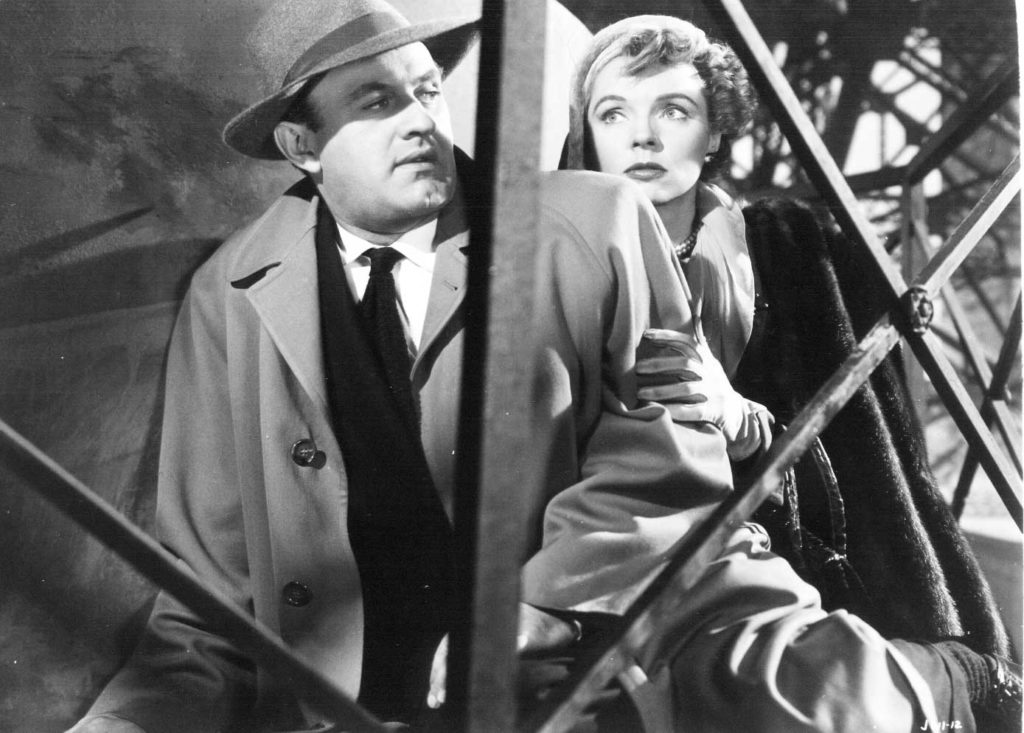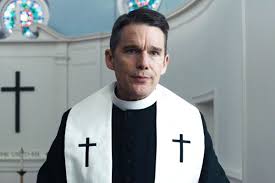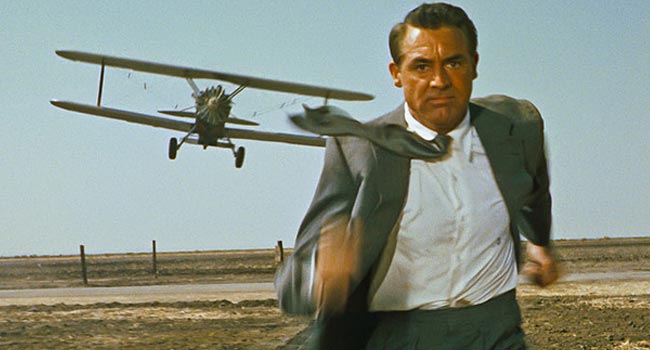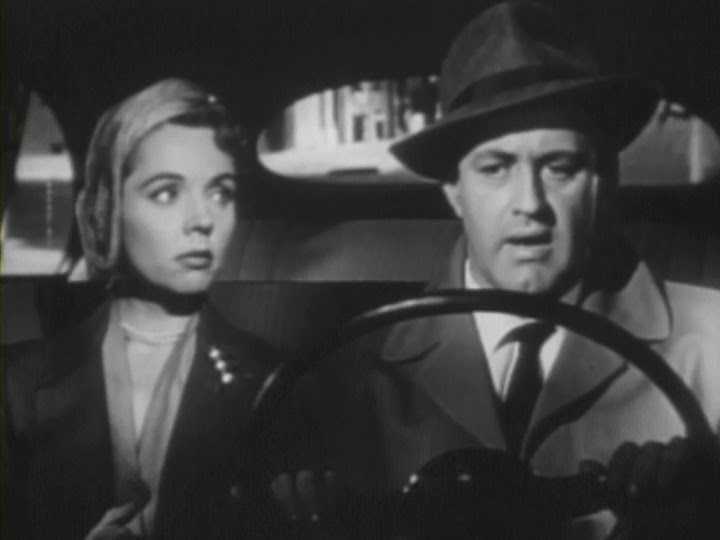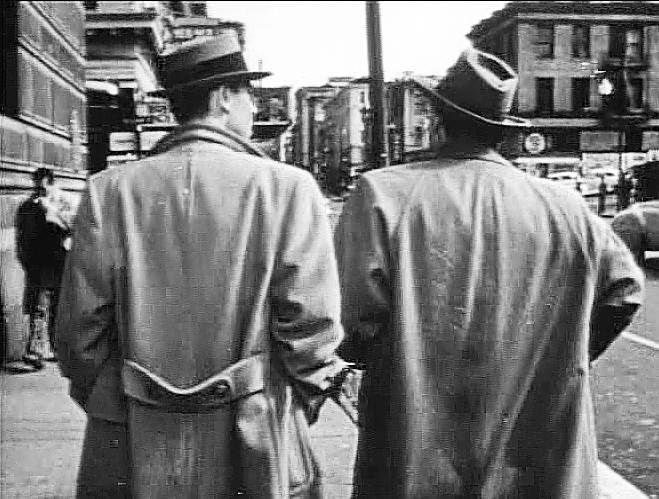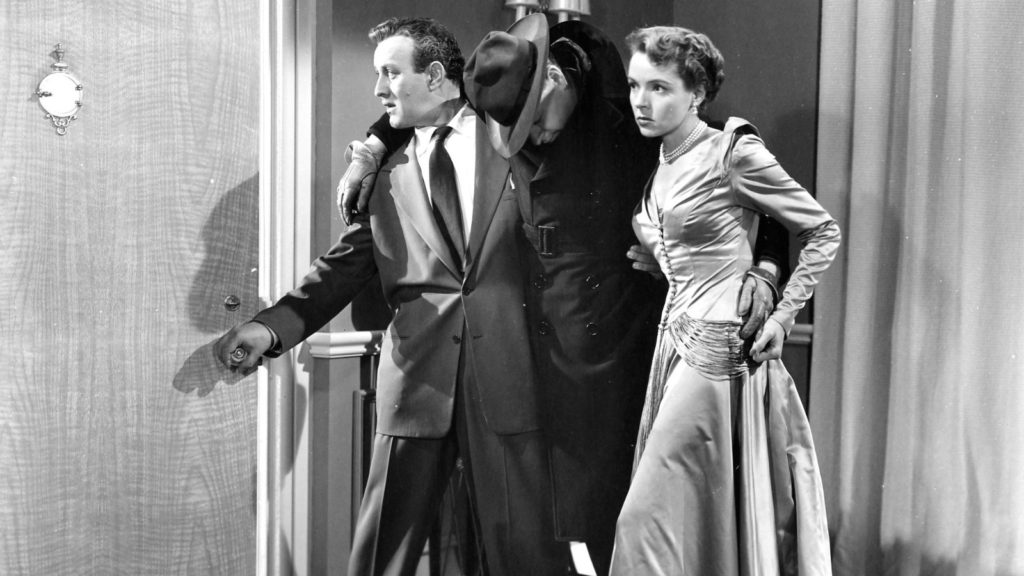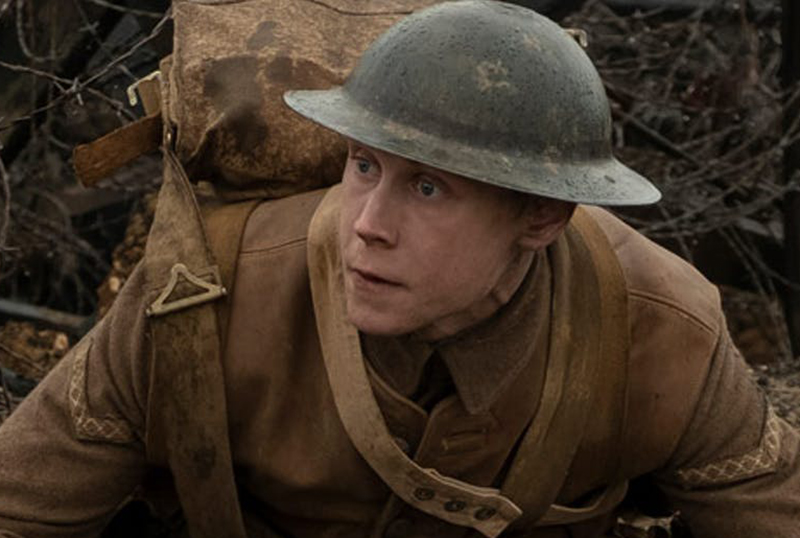
The best film still in theaters, Parasite, has garnered six Oscar nominations, and is certain to win the Best International Oscar. Marriage Story also has six Oscar nods. But I’m not a big fan of 1917.
Remembrance: Director Ivan Passer came out of the Czech New Wave (Intimate Lighting) to work in the US (fifteen features including award-winning Haunted Summer and Robert Duvall’s Stalin). My favorite Passer film is his 1981 Cutter’s Way, with its early Jeff Bridges and fine performances by John Heard and Lisa Eichhorn – and it’s still the best film set in Santa Barbara. I watched it again recently and it still holds up; you can stream it from Amazon, iTunes, Vudu, YouTube and Google Play.
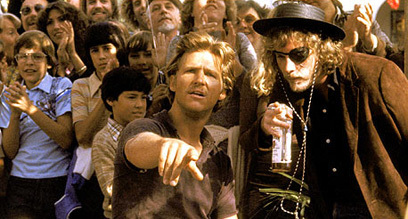
OUT NOW
- The masterpiece Parasite explores social inequity, first with hilarious comedy, then evolving into suspense and finally a shocking statement of the real societal stakes. This is one of the decade’s best films.
- Adam Driver and Scarlett Johannson are brilliant in Noah Baumbach’s career-topping Marriage Story. A superb screenplay, superbly acted, Marriage Story balances tragedy and comedy with uncommon success. Marriage Story is playing in just a couple Bay Area theaters and is now streaming on Netflix.
- Martin Scorsese’s gangster epic The Irishman is tremendous, and features performances by Al Pacino and Joe Pesci that are epic, too. It’s both in theaters and streaming on Netflix.
- Uncut Gems is a neo-noir in a pressure cooker. Adam Sandler channels a guy racing through a gambling addiction and the resultant financial desperation. It’s the most wire-to-wire movie tension in years.
- Rian Johnson’s Knives Out turns a drawing room murder mystery into a wickedly funny send-up of totally unjustified entitlement.
- Refusing to play it safe, director Francisco Meirelles elevates The Two Popes from would have been a satisfying acting showcase into a thought-provoker. It’s streaming on Netflix.
- 1917 is technically groundbreaking, but the screenplay neither thrilled me nor moved me.
- The earnest documentary Honeyland failed to keep me interested.
ON VIDEO
My Stream/DVD of the Week is Brian De Palma’s gangster epic Carlito’s Way, starring a brilliant Al Pacino. Carlito’s Way plays frequently on premium television channels and is available on DVD and Blue-Ray from Netflix. Carlito’s Way can also be streamed from Amazon, iTunes, Vudu, YouTube and Google Play.
And where else can you find a guy who writes about Cutter’s Way and Carlito’s Way in the same blog post?
ON TV
On January 18, Turner Classic Movies airs The Man Who Cheated Himself, one of my Overlooked Noir. A cop falls for a dame who makes him go bad – but it’s not just any cop and not just any dame. Bonus: there are plenty of glorious mid-century San Francisco locations.
